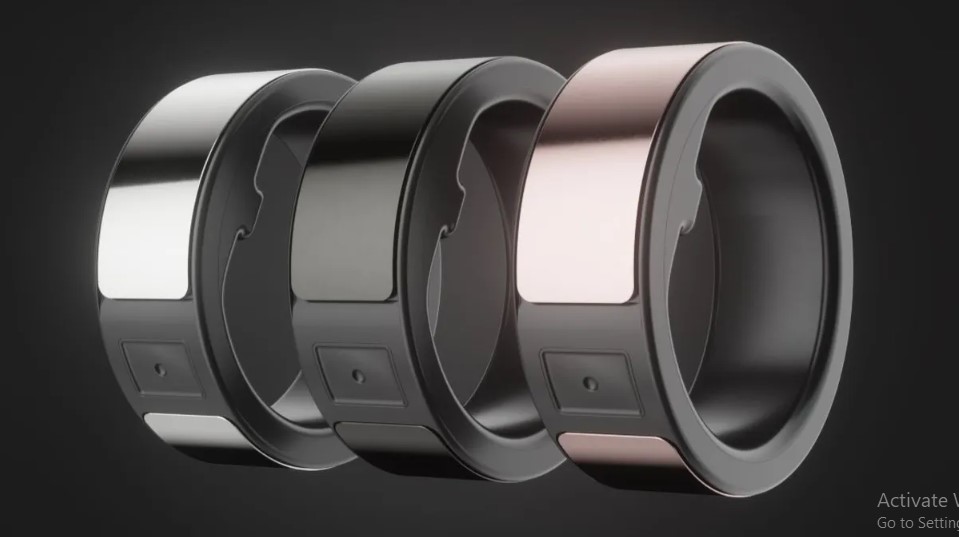Circular, a smart ring producer and rival to Oura Ring, has unveiled their latest innovation, the Circular Ring Slim. Claimed to be the world’s thinnest and lightest health ring, this new product comes with a range of cutting-edge features, including its own AI assistant.
In comparison to the popular Oura Ring Generation 3, which weighs between 4 to 6 grams, the Circular Ring Slim is exceptionally lightweight, weighing only 2 grams. Its remarkably slim design, with a thickness of 2.2mm, guarantees comfort and ease of wear.
The Circular Ring Slim boasts impressive battery life, lasting up to six days, with features such as a three-axis accelerometer, skin temperature sensor, and LED sensors for heart rate and blood oxygen monitoring. This enables the ring to track activities, movement, circadian rhythm, and sleep quality. With the ability to provide haptic vibrations, the smart ring offers a smart alarm function without the need for sound, making it ideal for those who prefer a gentler wake-up call. Additionally, the vibrations can be used during meditation or to receive various notifications.
The smart ring is connected to Kira Plus, an AI-powered conversational health and wellness assistant. Leveraging the latest generative AI language models, Kira Plus acts as a personal health coach, offering valuable insights and guidance based on individual data.
The Circular Ring Slim is now available for pre-order at $245 in the US and £199 in the UK, with shipping scheduled for December 15. Following the initial launch period, the price will increase to $275 / £225. Unlike its competitor, Oura, Circular does not require a subscription fee for its services.
As the release of the Samsung Galaxy Ring approaches, expected in Q1 2024, the Circular Slim joins the ranks of Oura and the Ultrahuman Ring Air, contributing to the growing market of finger-borne wellness wearables.
While the concept of haptic feedback through a ring is intriguing, there are reservations about the integration of AI and the potential privacy concerns. The use of AI in various consumer products has become a trend, often implemented hastily without thorough testing. Entrusting personal health to an autonomous machine raises questions about the reliability and accountability of such technology without proper assurance and qualifications.
Though the market for smart rings can be flooded with subpar imitations, Circular, Oura, Ultrahuman, and (soon) Samsung stand out as leaders in providing quality products. Their commitment to innovative design and functionality suggests a promising future for health-focused wearables.
*Note:
1. Source: Coherent Market Insights, Public sources, Desk research
2. We have leveraged AI tools to mine information and compile it




